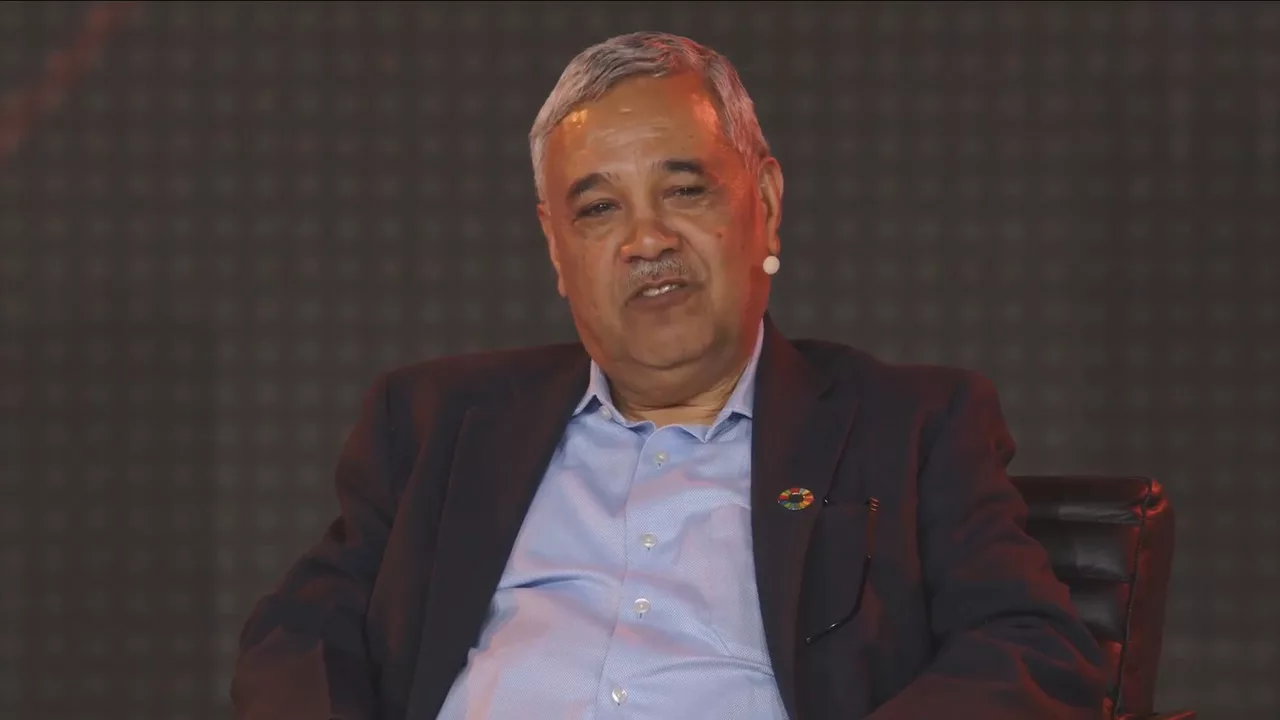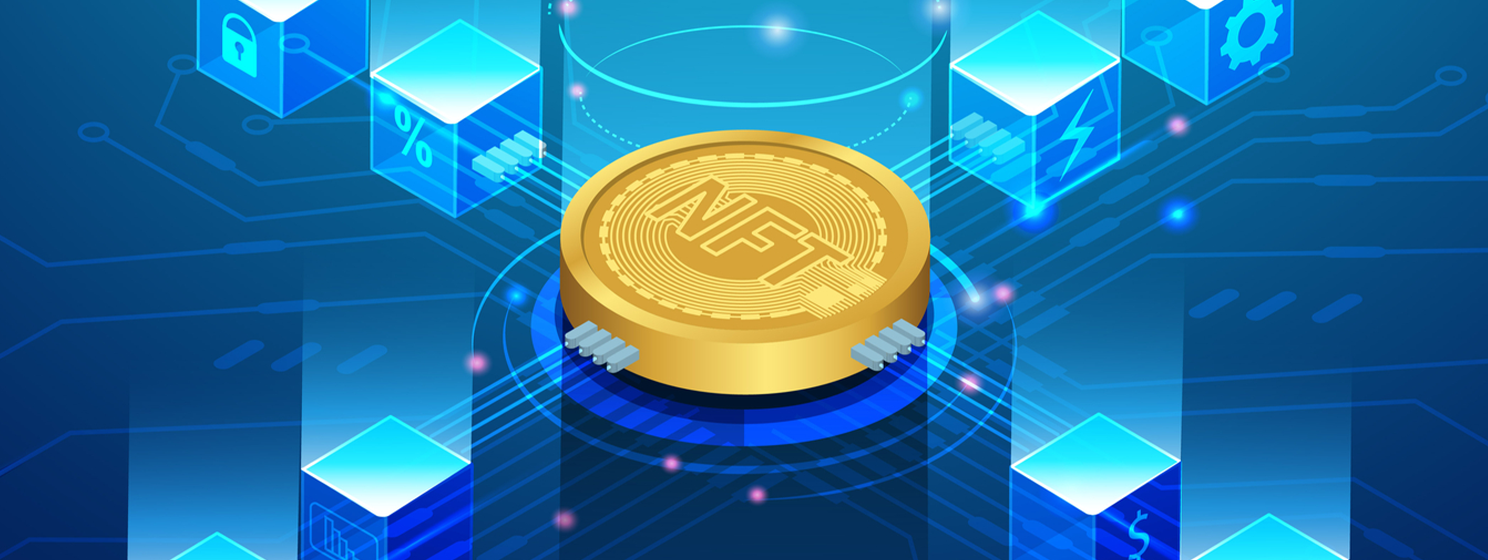|
Getting your Trinity Audio player ready...
|
In the past year, AI has shot its way to the top of the cultural agenda, thanks in no small part to Microsoft (NASDAQ: MSFT) investing billions into its artificial intelligence (AI) chatbot ChatGPT. On Day three at the London Blockchain Conference (LBC), a tech experts and entrepreneurs panel discussed the exciting possibilities of combining AI and the Internet of Things (IoT) with blockchain technology.
With advancements in AI and IPv6 at the forefront of discussions in 2023, the possible implications of combining this technology, and other Internet of Things (IoT) advancements, with the blockchain was a fitting topic to help see out a forward-looking LBC 2023.
“IoT has changed so much, now anything that spits out data could be called IoT, but we don’t have any infrastructure for everything that spits out data to build on—this is the missing piece blockchain can fill,” said Michael Elliott, CEO of Over-C. He went on to give an example of how the combination of IoT and blockchain could be put into practice.
“The changes are going to be seismic, particular in insurance. When you look at insurance…they know static risk, but they have no view of dynamic risk (e.g., the pricing risk of using contractors),” he added.

This more complex risk model is something that could be gained from improved data, Elliott suggested: “This is where IoT is going to be a game changer, but only when insurers and operators can trust the data.”
Getting the most out of the data IoT can provide is a problem the insurance industry shares with AI technology, and this is where blockchain can come into the picture.
“AI is all about data…if the data is wrong, inauthentic, or late, your AI result is ‘garbage in, garbage out.’ With blockchain, if you’re gonna get data from one point to another point, establish your authoritative data source, the AI will have more authentic, reliable data,” explained Ralph Wallace, Program Director & IPv6 Lead at Aptive Resources.
“Data integrity is hugely important for IoT and for AI, if the data is bad, AI will mean artificial stupidity… Blockchain enables AI so you know the data is authentic.”
The ability of blockchain to solve the issues of data integrity and authenticity is also related to the all-important issue of trust, particularly when it comes to business and consumer uptake. Dr. Satya N. Gupta, Chairman of the Blockchain for Productivity Forum, emphasized this point, stating, “Blockchain is tailor-made to solve the problems of privacy and trust.”

He suggested blockchain technology is ready to solve these kinds of problems on IPv6, AI, and IoT. It just needs a chance to prove it: “Blockchain technology is searching for the problem use cases.”
This might make the integration and large-scale use of blockchain seem like a somewhat distant dream, but Latif Ladid, Founder & President of IPv6 Forum, suggested we’re closer than it might appear, and we need to start finding a consensus on how best to proceed.
“Blockchain is on the way to larger scale deployment, so we need to standardize it and get best practices, then we can combine these three monsters: IPv6, AI, and blockchain,” said Ladid.
If and when the technologies are combined, Dr. Daniel Diemers, Partner and Co-Founder of SNGLR Group, was enthusiastic about the possibilities of IPv6 and blockchain.
“With Peer-to-peer IPv6, every device is going to have its only address; they will talk to each other ‘thing to thing,’ nothing in between…We will also have peer-to-peer absolute secure networks,” he said.

However, to get there and get there safely, Diemers believes a deeper understanding amongst non-tech industry leaders is crucial: “I think education is key, this is something every CEO level should do…or I see big risk when it comes to implementing this technology.”
Fellow panelist Wallace was in strong agreement with this point, suggesting that the best way to get people to buy into the technology is a change in management knowledge and understanding, to which Elliott chimed in, “Businesses are interested in cost optimization, as soon as we pinpoint and show where the money is the tech will flow.”
Whether it takes education on the technology, a use case or two to follow, or simply pointing to the money, the panel agreed on the exciting possibilities of combining IPv6, AI, and blockchain—something the LBC attendees seemed to share.
In order for artificial intelligence (AI) to work right within the law and thrive in the face of growing challenges, it needs to integrate an enterprise blockchain system that ensures data input quality and ownership—allowing it to keep data safe while also guaranteeing the immutability of data. Check out CoinGeek’s coverage on this emerging tech to learn more why Enterprise blockchain will be the backbone of AI.
Watch: CoinGeek Roundtable on IoT & Blockchain

 02-19-2026
02-19-2026 




